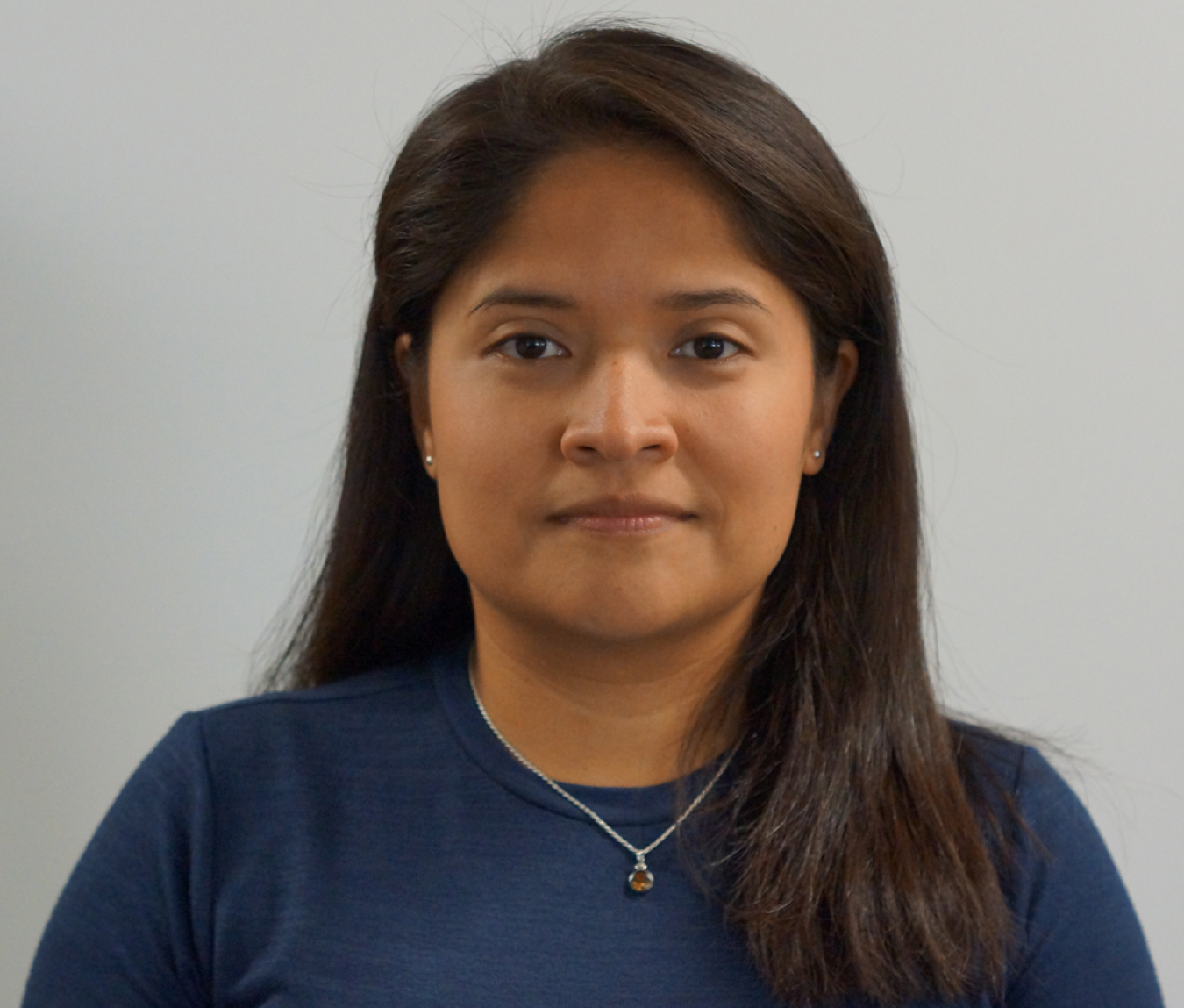To celebrate Hispanic Heritage Month, meet three students who prepared for their clean energy careers by gaining valuable experience through three different EERE programs.
Office of Energy Efficiency & Renewable Energy
September 19, 2023To celebrate Hispanic Heritage Month, September 15 to October 15, we're spotlighting three students who have prepared for their clean energy careers by taking different paths through the U.S. Department of Energy (DOE)'s Office of Energy Efficiency and Renewable Energy (EERE). These paths include prizes and competitions and internships, fellowships, graduate, and postdoctoral opportunities. The students gained experience working in geothermal energy, buildings, and marine energy.
Latino and Hispanic workers make up about 18% of the U.S. clean energy workforce, and DOE is committed to increasing diversity across the energy landscape. Clean energy jobs increased in every state from 2021 to 2022, and that growth will continue—creating more jobs. Furthermore, diversity in clean energy opens the door to different perspectives, which can accelerate innovation and is critical to mitigating the climate crisis.

Santiago Rabade is a seismology Ph.D. student at the University of Utah with bachelor's and master's degrees in geophysical engineering from the National University of Mexico. Through the Geothermal Intern Opportunity, Rabade spent six months working at a geothermal startup (Zanskar Geothermal & Minerals, Inc.), using and adapting methodologies to geothermal exploration. This internship is part of the National Science Foundation Intern Program, which encourages the participation of graduate students from groups that are underrepresented in science, technology, engineering, and math (STEM).
"Clean energy technologies offer a chance to address pressing global challenges, such as climate change, air pollution, and energy security," Rabade says. "Being part of a field actively developing innovative solutions to these problems is rewarding. Additionally, the clean energy sector is dynamic and fast-paced, providing constant learning and growth opportunities. Diversity is a strength in any industry, and by blazing the trail, I can contribute to promoting diversity and inclusion within the sector."

Alejandra Lagunas earned a master's degree in architecture from Ball State University in Indiana, where she earned her bachelor's in landscape architecture. She was on the winning team in DOE's two-year-long Solar Decathlon Build Challenge for 2023, a competition that challenges students to build sustainable homes.
"We Latinos have a lot to contribute to the efficient architecture of the U.S.," she says. Her interest in sustainable housing stems from concerns about fossil-fuel emissions and saving money on energy bills. To that end, the winning house she helped design and build features solar panels and thermal insulation. "Good thermal insulation hinders temperature variation inside the house in all seasons, so we built walls that are about 12 inches thick, consisting of multiple thermal layers."

Emigdio Islas recently graduated from California Polytechnic State University-San Luis Obispo with a bachelor’s degree in electrical and electronics engineering. He was on the team that came in second place in the 2023 Marine Energy Collegiate Competition, which challenged students to develop designs and business plans to power blue economy activities, such as trade and food sourcing, using marine energy technologies.
Islas says his experience in the competition helped him prepare for his career; he has taken a job at an electric utility company.
In the competition, "the different sizing and compatibility of different components, and the problem solving behind it, really helped solidify my engineering skills," he says. "Also, working with interdisciplinary teammates who were mechanical engineering students and business majors helped reinforce teamwork—an important quality to have in any discipline. I would highly recommend other students to participate in a collegiate competition sponsored by the Department of Energy."
Remember: You do not need a STEM degree to work in clean energy or to be a Clean Energy Champion. Check out these job opportunities and join the clean energy revolution.
Find Clean Energy Jobs
EERE is dedicated to building a clean energy economy, which means millions of new jobs in construction, manufacturing, and more across industries. Learn more about job opportunities in renewable energy, buildings and industry, and sustainable transportation:
-
 Energy jobs are available in the public, private, and nonprofit sectors and range from entry-level to professional positions.
Energy jobs are available in the public, private, and nonprofit sectors and range from entry-level to professional positions. -
 Find scholarships, fellowships, internships, and research opportunities with EERE and other U.S. federal agencies related to science, technology, engineering, and mathematics (STEM).
Find scholarships, fellowships, internships, and research opportunities with EERE and other U.S. federal agencies related to science, technology, engineering, and mathematics (STEM). -
 Be a part of the clean energy revolution and make a difference in the fight against the climate crisis. Join us!
Be a part of the clean energy revolution and make a difference in the fight against the climate crisis. Join us!


